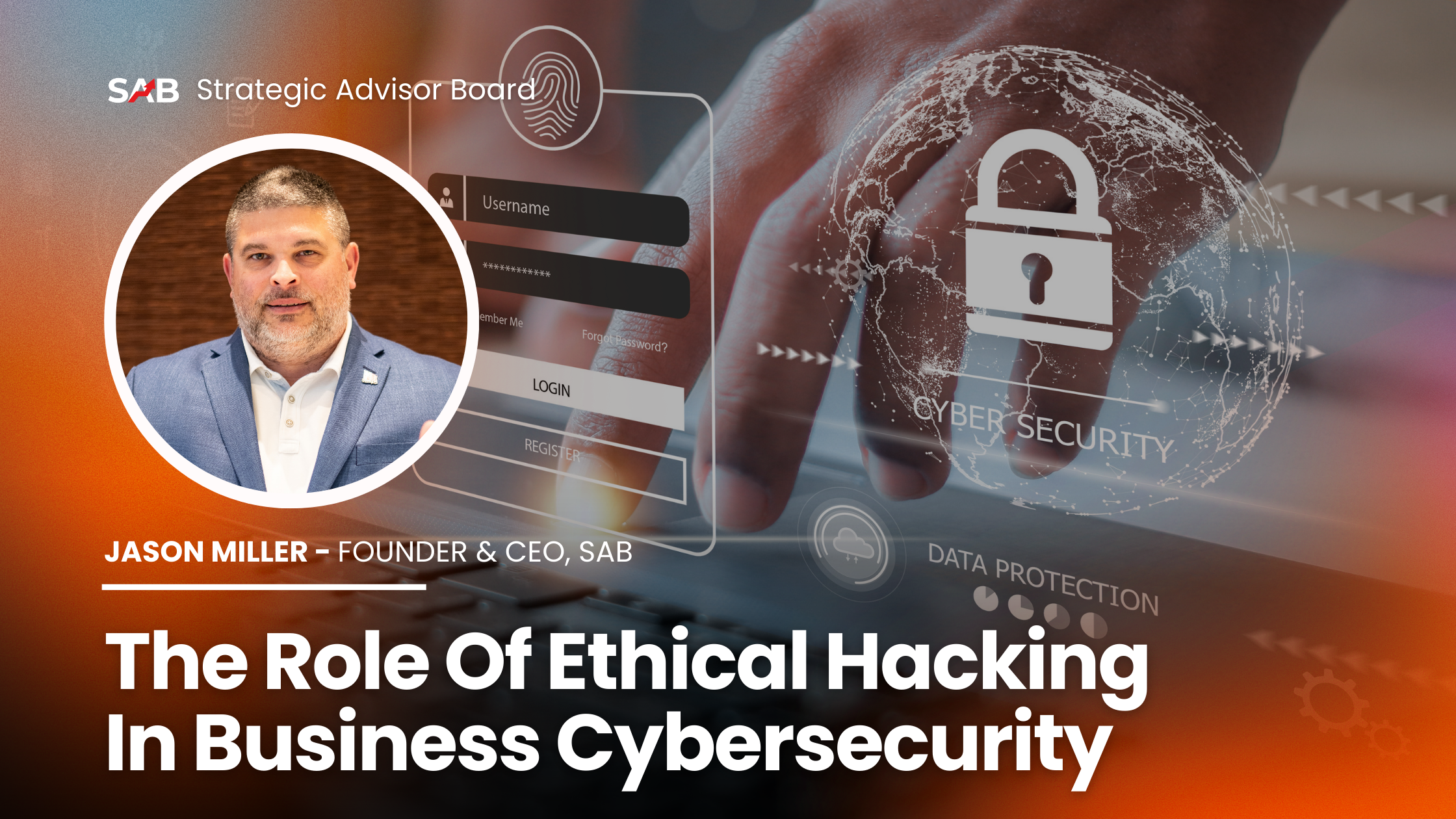
In today’s digital-first environment, cybersecurity has become a paramount concern for businesses across the globe. With cyber threats evolving at an unprecedented rate, organizations are increasingly turning to ethical hacking as a proactive measure to safeguard their digital assets. This practice, also known as penetration testing or white-hat hacking, involves the use of controlled hacking techniques to identify and address security vulnerabilities before they can be exploited maliciously.
Ethical hacking is a unique cybersecurity discipline where skilled professionals, known as ethical hackers, simulate cyber-attacks on a company’s systems to test their defenses. Unlike malicious hackers who exploit vulnerabilities for personal gain, ethical hackers report back to the organization with their findings and recommendations for strengthening security.
The process begins with the ethical hackers obtaining explicit permission from the organization to test its systems. This permission differentiates ethical hacking from illegal activities. The hackers then conduct a thorough assessment, which includes identifying potential entry points, attempting to breach the system, and testing how deep they can go without being detected.
The importance of ethical hacking for business cybersecurity cannot be overstated. Here are several compelling reasons why it plays a critical role:
Ethical hacking provides an opportunity for early detection of vulnerabilities that might otherwise remain unnoticed until exploited by malicious actors. By identifying these gaps early, businesses can implement fixes before any real damage is done.
Many industries are governed by strict regulatory standards that require companies to maintain robust cybersecurity measures. Ethical hacking helps ensure compliance by regularly testing security protocols and demonstrating due diligence in protecting sensitive data.
In an era where data breaches are often front-page news, maintaining customer trust is crucial. By engaging in ethical hacking, businesses can demonstrate their commitment to data security, thereby enhancing their reputation and building greater trust with customers.
The cost of a major data breach can be devastating, often running into millions of dollars in fines, lost business, and repair costs. Ethical hacking helps prevent such financial disasters by proactively dealing with vulnerabilities at a fraction of the cost of a breach.
Implementing ethical hacking involves several key steps:
Planning: This initial phase involves defining the scope and goals of the penetration test, including the systems to be tested and the testing methods to be used.
Scanning: Ethical hackers then use various tools to scan the organization’s networks and systems for vulnerabilities that could be exploited.
Accessing: This phase involves attempting to exploit the vulnerabilities to determine if unauthorized access to the system is possible.
Maintaining Access: The goal here is to see if the vulnerability can be used to gain a persistent presence in the exploited system, mimicking the actions of advanced persistent threats.
Analysis: The final step involves analyzing the data gathered during the test and preparing a detailed report that outlines the vulnerabilities, the associated risks, and recommendations for mitigating these risks.
For ethical hacking to be effective, it must be performed regularly as part of an ongoing cybersecurity strategy. Businesses should also ensure that they hire certified ethical hackers who adhere to a strict code of ethics and conduct. Additionally, it’s important to establish clear communication channels between ethical hackers and organizational stakeholders to ensure that any findings are promptly addressed.
As technology advances, so will the tactics employed by cybercriminals, making the future of ethical hacking both challenging and vital. Artificial Intelligence (AI) and machine learning are set to play a significant role in automating and enhancing ethical hacking techniques. These technologies can predict potential attack vectors and automate routine testing, allowing ethical hackers to focus on more complex security challenges. Moreover, as businesses increasingly adopt cloud computing and IoT devices, the scope of ethical hacking will expand, necessitating continuous adaptation and innovation to stay ahead of threats in a perpetually evolving cybersecurity landscape.
As the digital landscape continues to evolve, so too does the complexity of cyber threats. Ethical hacking serves as a crucial tool in the cybersecurity arsenal of any modern business, providing essential insights that help fortify digital defenses. By embracing ethical hacking, businesses not only enhance their security posture but also demonstrate a commitment to maintaining the highest standards of data protection for their clients and stakeholders. In doing so, they safeguard their reputation, financial health, and, most importantly, the trust of their customers.
Are you interested in growing your business with little or no work on your part? Check out our 1-Day Power Intensive to see if it’s right for you!
This article was brought to you by: Jason Miller, AKA Jason "The Bull" Miller, Founder/CEO and Senior Global Managing Partner of the Strategic Advisor Board - What has your business done for YOU today?